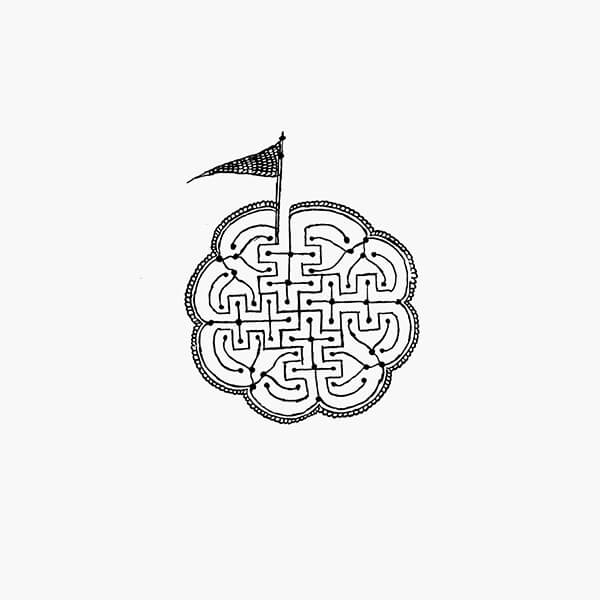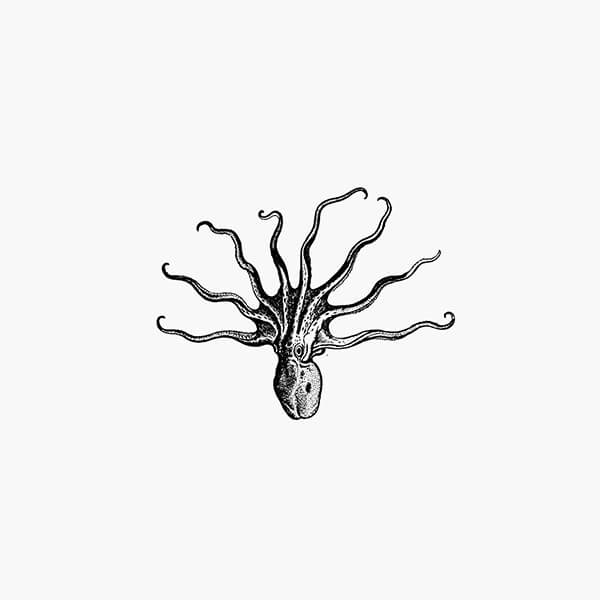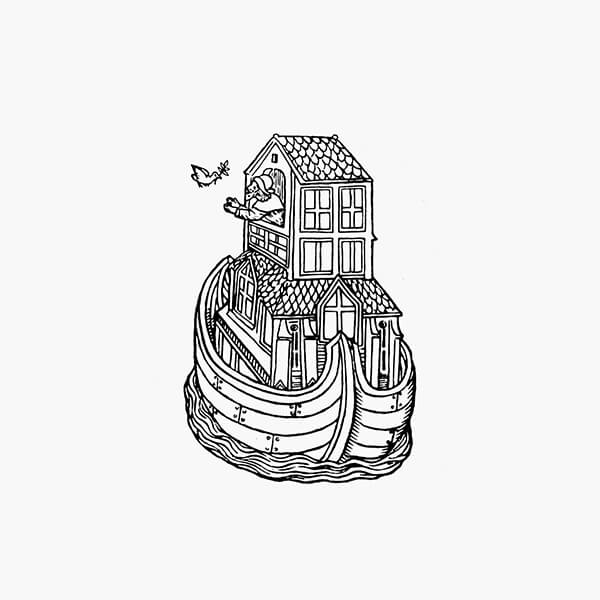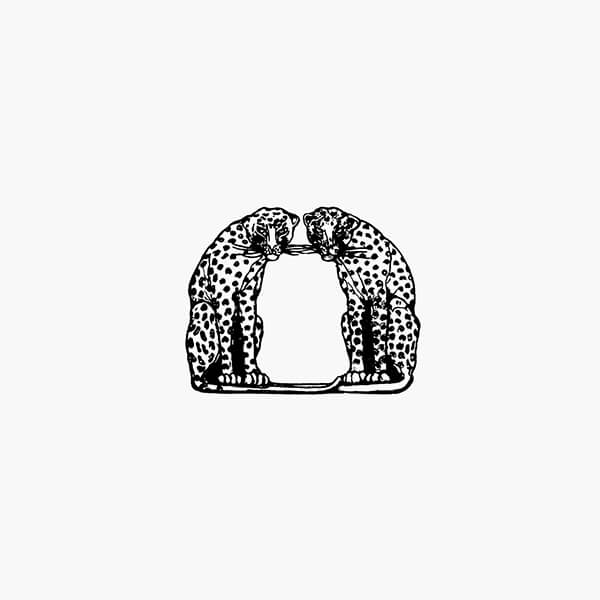



























Le figlie di Gailani
La piccola casa bianca di Riccione
tra viale San Martino e la Flaminia,
scie di nomi guerrieri
fondamenti di civiltà e santità
devozioni oggi
inevitabili
soltanto nel nome,
Giovanni Ada Luigia
svanirono nei cinque anni
116 117
che misero fine ai miei venti.
Senza un nome che sia
inevitabile
che sia.
No, il mondo non è proprio una rosa
né noi abitiamo quella mistica
tra i nostri mari e fiumi.
Né tutto ciò che è facile
aiuta la durata
ma nemmeno la bellezza
che è difficile.
Come le nubi di questo mattino
sul treno precoce che porta a Roma
dal mare
e lo fanno assomigliare a un tramonto
vado verso la morte
dì addio a ciò che è scomparso.
L’eco di quella luce
che era così alta
e va per spegnersi
è ancora così bella.
Tu sai che cosa è
la compassione.
Terrore del sole che nasce
per una nuova
distruzione.